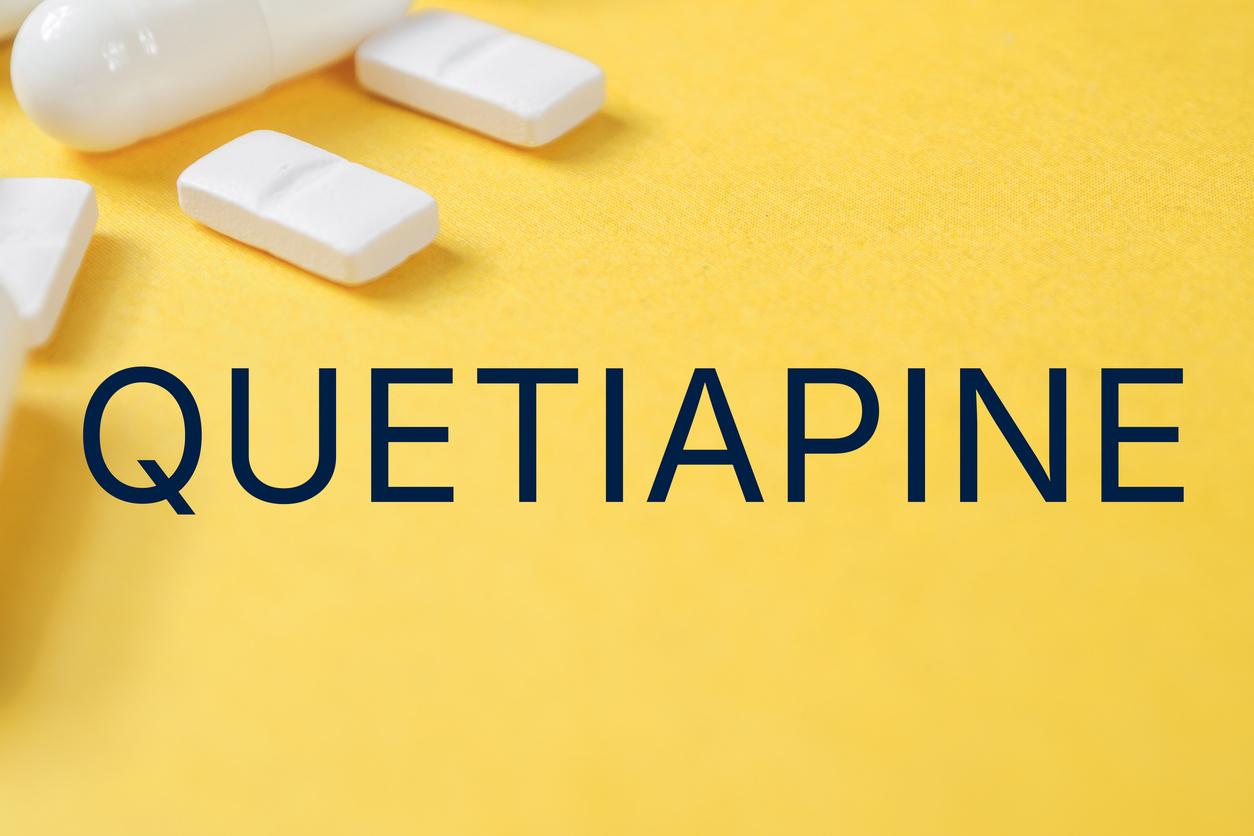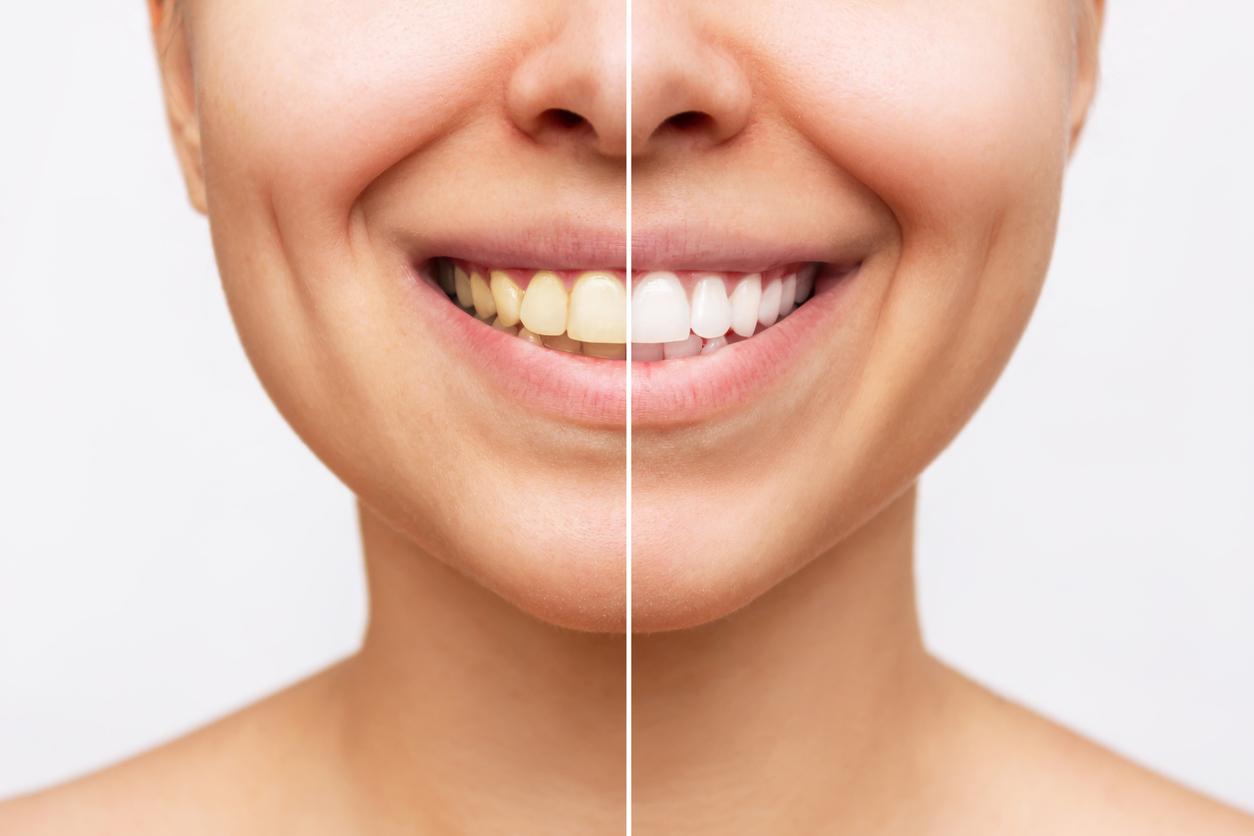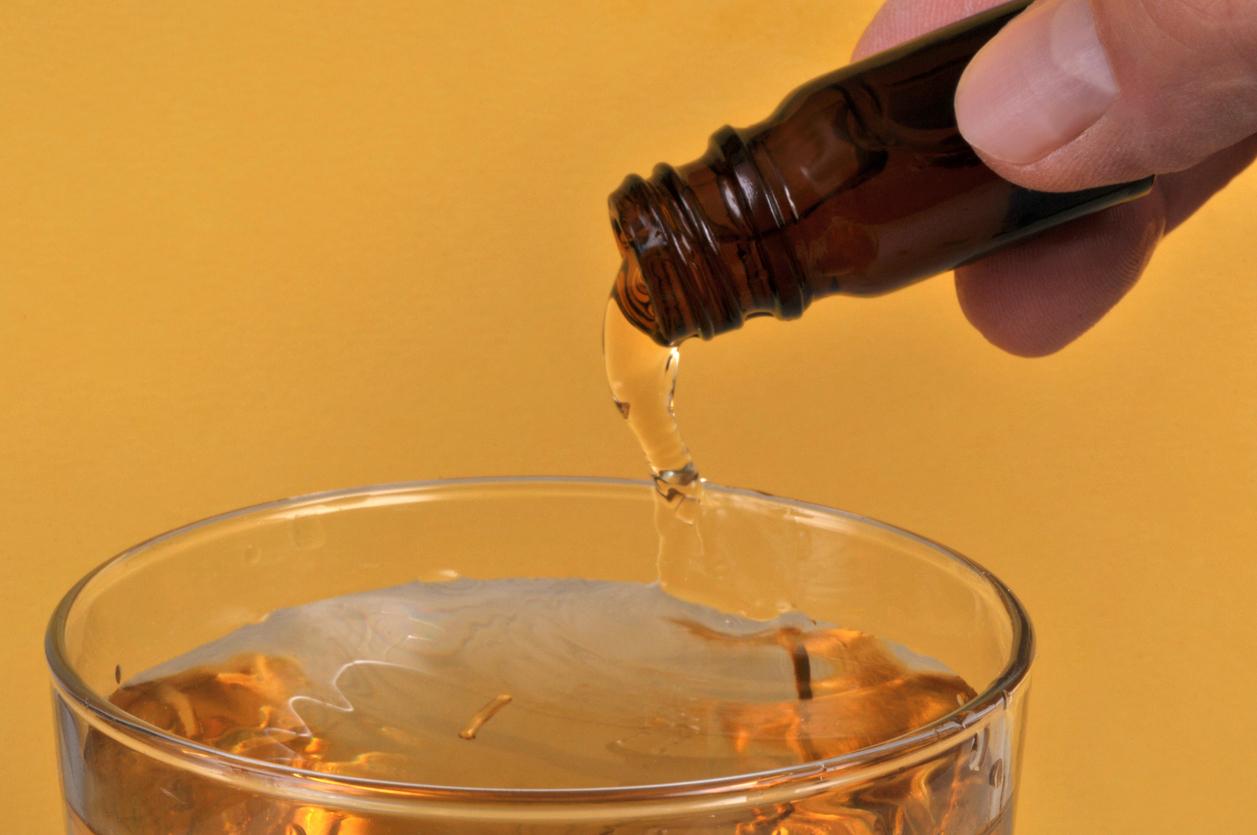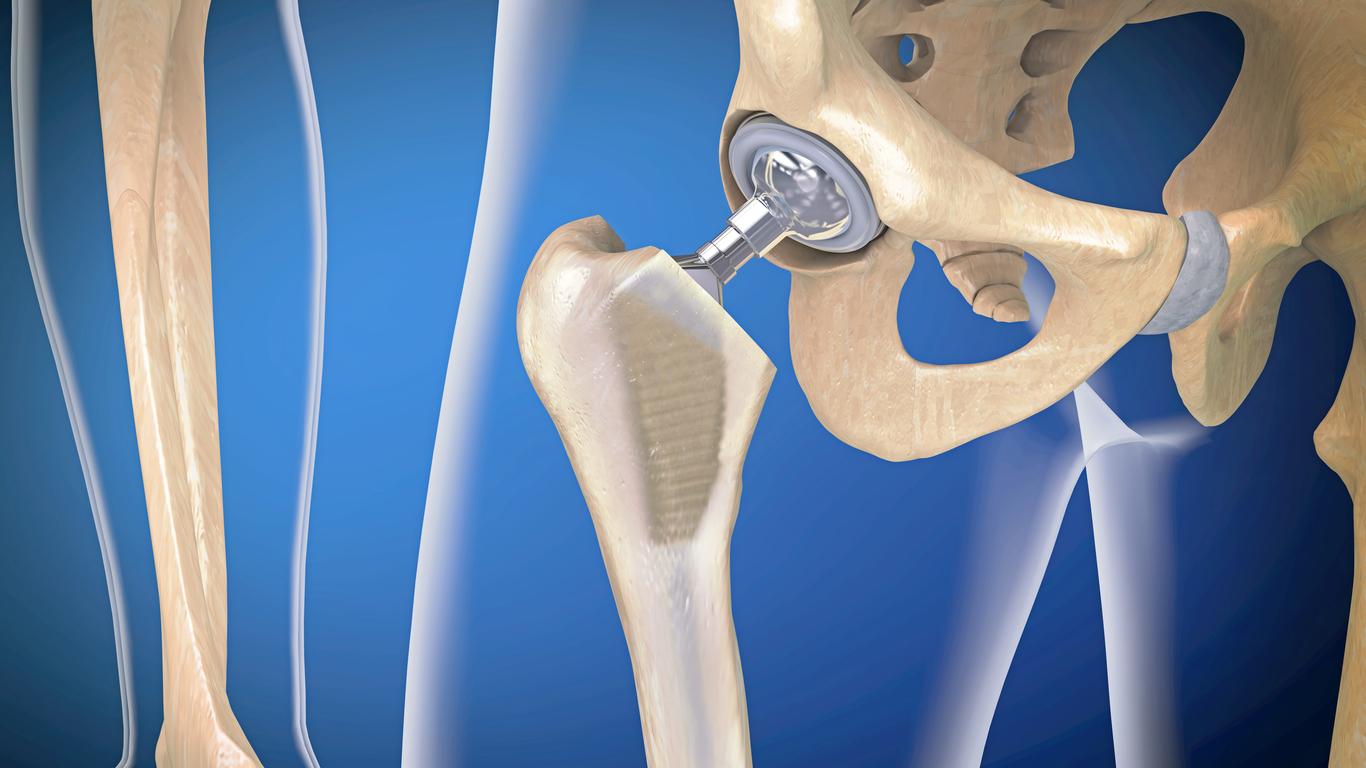Teeth whitening products are not without risks. The Medicines Agency orders the removal of those with high hydrogen peroxide concentration.

Displaying a smile with radiantly white teeth, nothing could be easier these days with the proliferation of famous smile bars. However, this practice can sometimes be dangerous. This is why the Medicines Safety Agency (Ansm) warned a few days ago against the risks associated with certain products used in this technique.
Bleaching techniques using products based on hydrogen peroxide (hydrogen peroxide) are by far the most widespread. Whether it is hydrogen peroxide, carbamide peroxide or sodium perborate, the active principle is the same, these products contain or release hydrogen peroxide which has a strong oxidizing power and allows to discolor the coloring substance.
But, when the peroxide concentration of these products is high, certain complications can appear. Among them, the hypersensitivity of the teeth, the deterioration of the enamel, or the irritation of the mucous membranes related to the causticity of the product. In addition, in the event of exposures that are too long or too frequent, the alteration of the surface condition of the dental enamel can facilitate the fixation of the pigments and therefore promote faster re-coloring of the teeth.
So, to control the use of this product, Ansm took a health policy decision on July 9, 2013 aimed at bringing products placed on the market that release this famous hydrogen peroxide into compliance. With this decision, the Agency actually wants to eliminate unduly CE marked products as medical devices. The Ansm thus announces the suspension of the marketing of products whose concentration of hydrogen peroxide (present or released) is greater than 0.1% and less than or equal to 6%, “until their compliance with the cosmetic regulations applicable to them ”.
But above all, the ban and the immediate withdrawal of products with a hydrogen peroxide concentration (present or released) greater than 6%. The Ansm also specifies that “this health policy decision does not concern products used intra-canal on devitalized teeth”.
Finally, the website of the Ministry of Health also recalls that this type of treatment is completely contraindicated in many cases., especially for the teeth of children and adolescents as well as for teeth with cavities, wear or abrasion lesions, hypersensitivity, bulky or non-watertight fillings. “Given these risks and contraindications, examination of the teeth and oral mucosa by a dental surgeon is essential before any dental lightening treatment”, concludes the Ministry.
.
















